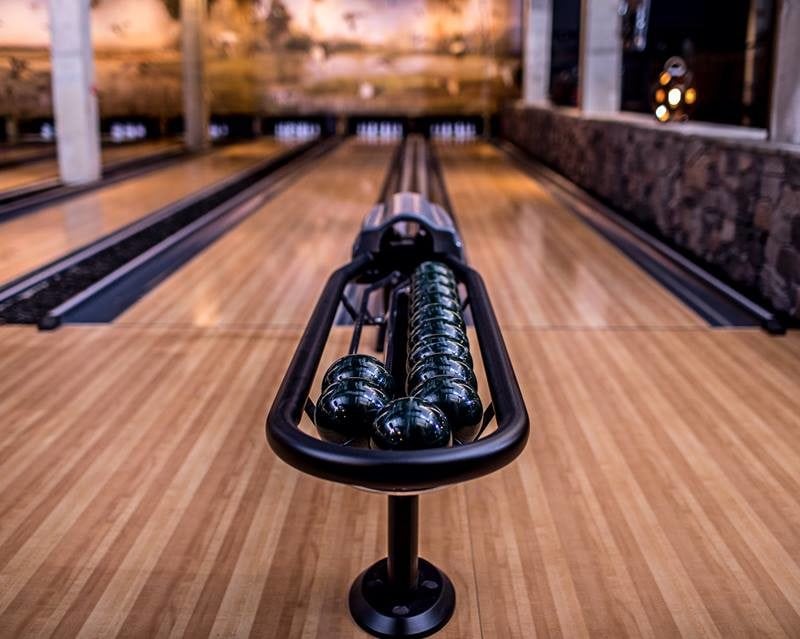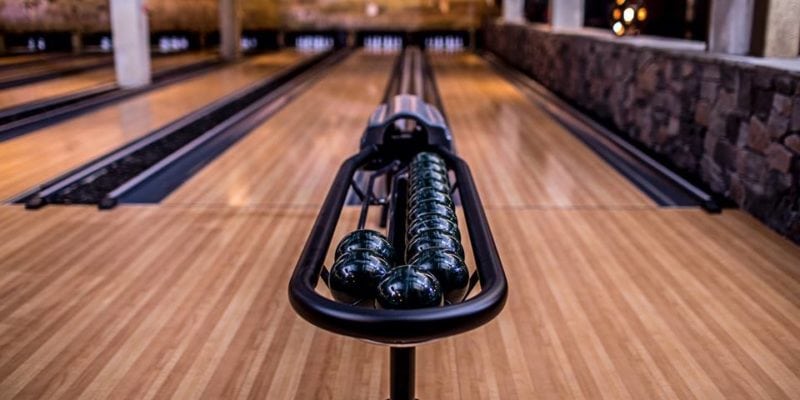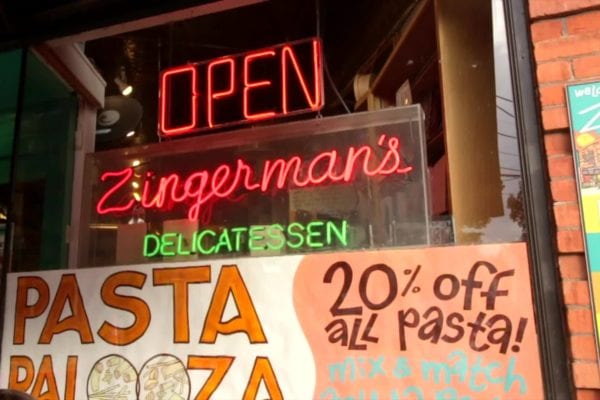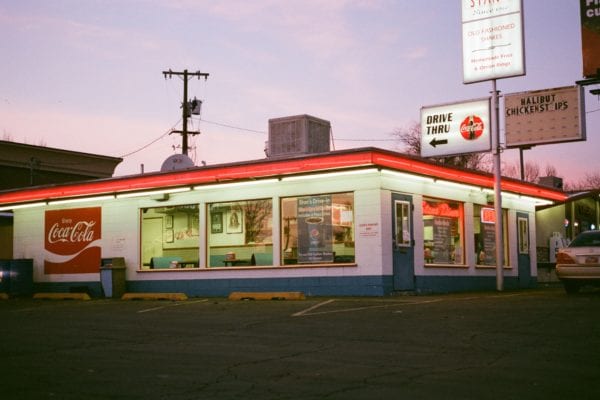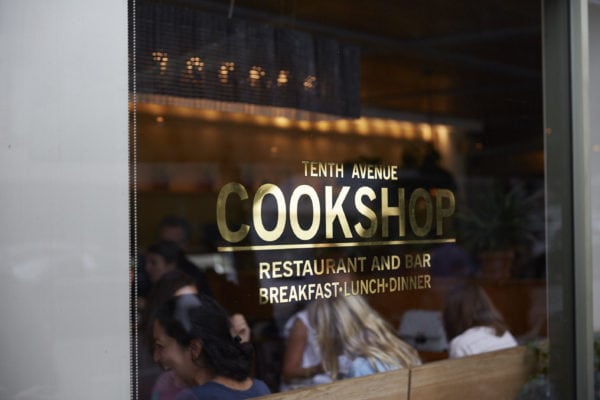Skift Take
Taking a page out of Dave & Busters' playbook, independent fine dining restaurants that offer dinner alongside gaming entertainment are thriving in areas where rent costs are low enough to justify the large-format space that this model requires.
— Erika Adams
A great fine dining experience does not typically include ping pong.
But at EMP Summer House in East Hampton, the beachy offshoot of the World’s No.1 Restaurant which just reopened for its second season, a good part of the experience is playing a raucous game in the backyard, as co-owners Will Guidara and Daniel Humm have been known to do between service.
Games have become a defining part of the Summer House experience. Almost as much time goes into considering the new games as it does on the menu: This year, tetherball, KanJam (a fusion of frisbee and soccer), and ladderball have been added to the roster of games at the restaurant, which join the ranks of ping pong, petanque and cornhole.
“I can’t emphasize enough how important those games are to our general purpose,” says Sam Lipp, director of operations for Make it Nice restaurant group. “Throughout the day and night, the lawn is packed with guests. They come early to play games before dinner, or wander outside when they’re done eating. People are out in the Hamptons to have fun and playing games is the definition of fun.”
Like most good food trends, this one didn’t start in the Hamptons. ‘Eatertainment’ establishments have become especially popular in cities where restaurant real estate is cheap enough to allow for a dining room with multiple bowling lanes. Among the places where you can eat, drink, and play are Queen Park Social in Charlotte, N.C.; Pinewood Social in Nashville; Royal Palm Shuffleboard in Brooklyn; and Pinstripes, an Illinois-based chain with nine locations; and the Ohio-based mini chain Pinsbar, with a list of craft cocktails and punches.
One of the newest spots to offer large-format games is the Painted Duck, in Atlanta’s burgeoning Westside neighborhood. Extracurricular features at the 26,000-square-foot space include duckpin bowling and Belgian feather bowling (a ball throwing-sport), and snookball (a blend of pool and soccer), as well as shuffleboard, horseshoes and giant Jenga.
Eatertainment has become established enough to have an official entry in the Oxford dictionary.
Gaming while eating and drinking is not new; bars have been showcasing board games for years, while Dave & Busters has built an empire around people who adults who see dinner as an opportunity to play.
What’s new is the emphasis on high-quality food and drinks, as well as games, that aren’t treated as a kitschy addition to the concept. Pinewood Social features ambitious cocktails like the Clapless Bell (single barrel American whiskey with ginger, honey, and Laphroaig scotch) and dishes like Sunburst trout with herb brown butter. There are chocolate pots de crème that wouldn’t be out of place in a white tablecloth joint, as well as six bowling lanes and a bocce court.
In a world of experience-based dining, “good food and beverage are no longer enough,” says Lipp. “Games are a fantastic way to pull people in.”
The Painted Duck, which opened in December, features a menu from chef Thomas Collins, an alum of Atlanta’s noted Midtown Kitchen. On the menu: garlic and herb crab claws; crispy brussels sprout leaves with lemon aioli; and skewers of King crab scampi and Peruvian filet mignon. The signature dish is the $100 Painted Duck, a whole roasted bird with peppered bacon, grilled onions, King’s Hawaiian Rolls and 90 minutes advance notice to prepare.
The place is the brainchild of Justin Amick, who also co-owns the more causal Painted Pin in Buckhead.
“I had a Division 1 scholarship to Tulane for basketball, but I also sat for the Master Sommelier exam,” he says. “I wanted a place where I could incorporate my competitive passion for games with food and beverage, which is in my blood. Merging them made sense to me,” says Amick.
There is a financial benefit to places with games: Amick notes that because Painted Duck doesn’t charge for games other than bowling, people line up outside and wait for hours to get in in spite of its capacity for 500-plus people. They do a brisk corporate events business with local Fortune 500 companies like The Coca Cola Co. and Delta Air Lines.
“The average stay is three hours,” he notes. And the check average is about 30 percent higher because of the extra food and drinks guests consume while they’re playing games. “Guests can have a glass of white Burgundy and the duck and spend some money.”
The model is so successful that Amick and co-owner William Stallworth are expanding both the Painted Duck and Painted Pin. Amick says he is close on a space in Nashville, and also looking at deals in Orlando and Charlotte.
Lipp also sees a financial benefit to the games at EMP Summer House. “A nice corollary effect of these games is that people linger longer. They make us the sole destination for the evening, as opposed to just a stop. That prolongs their experience and it helps build loyalty.”
“And they do spend more when they stay on property,” he adds.
©2018 Bloomberg L.P.
This article was written by Kate Krader from Bloomberg and was legally licensed through the NewsCred publisher network. Please direct all licensing questions to [email protected].
![]()

